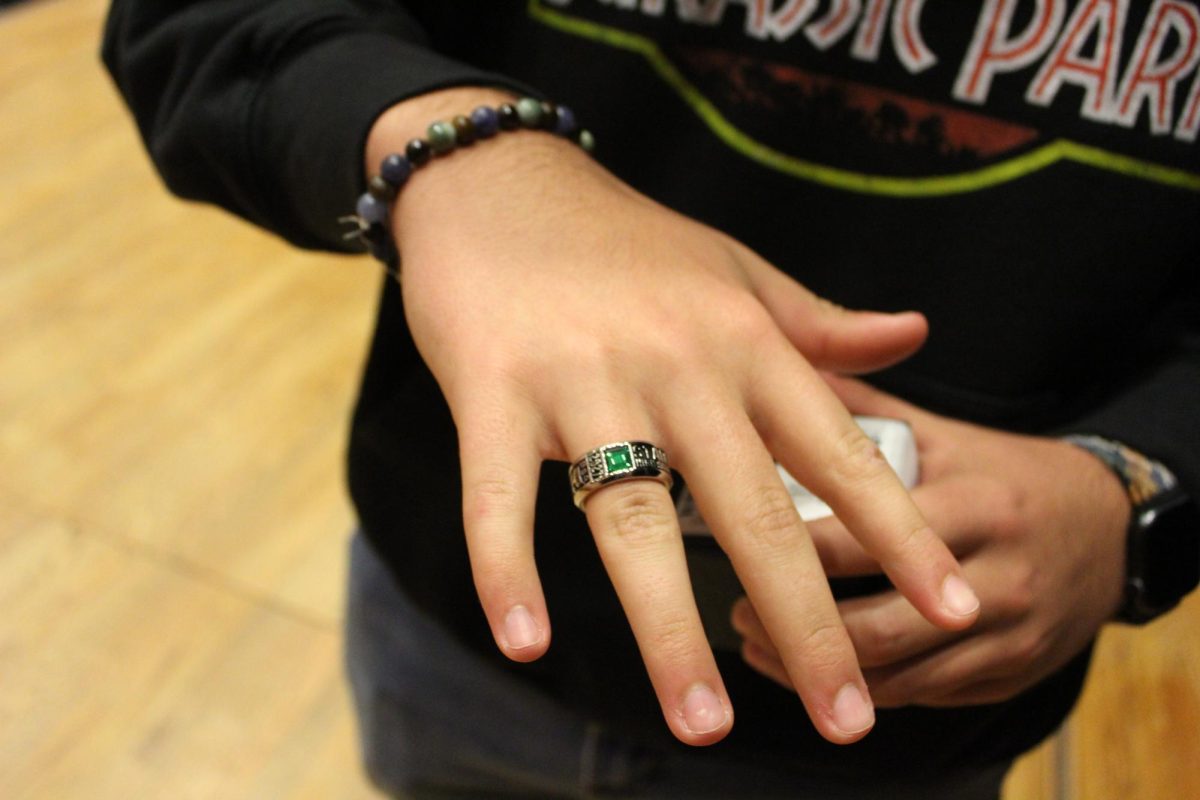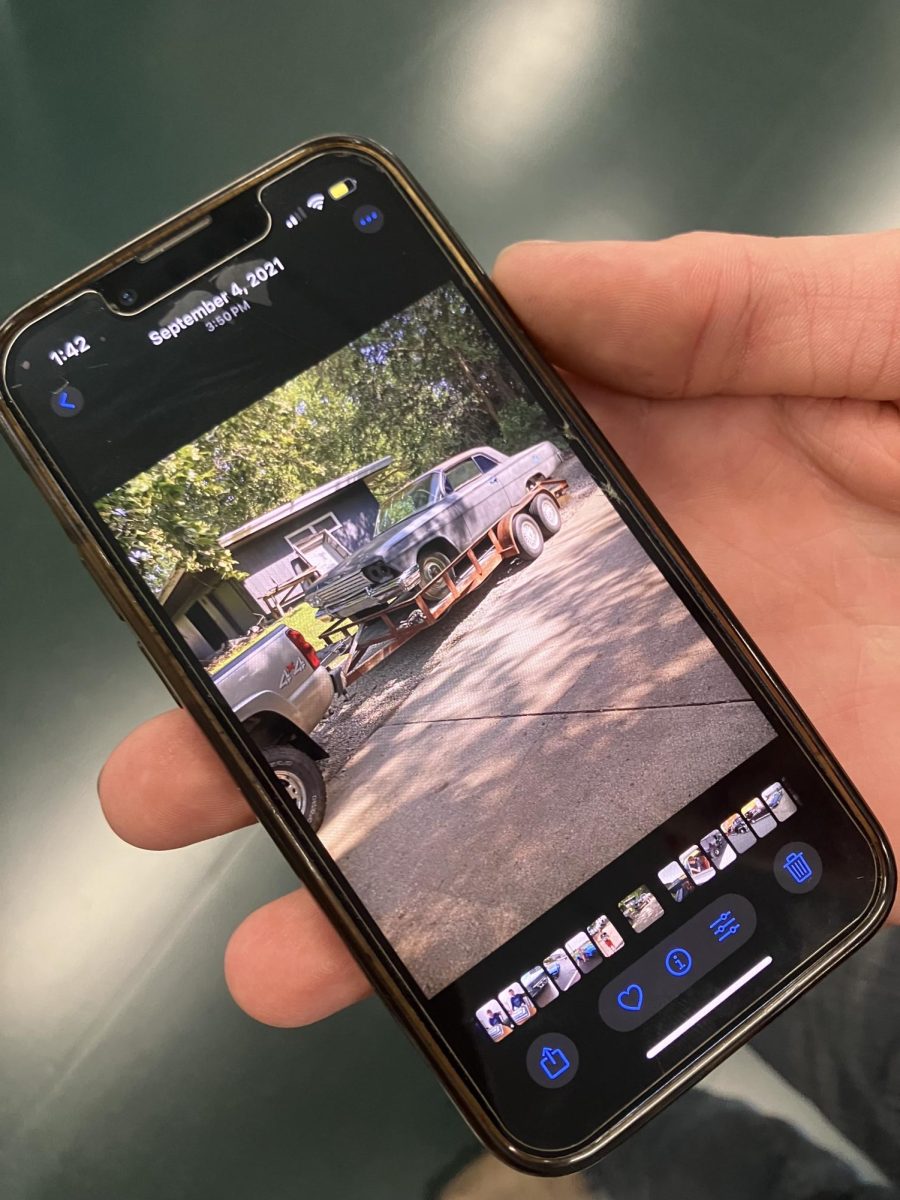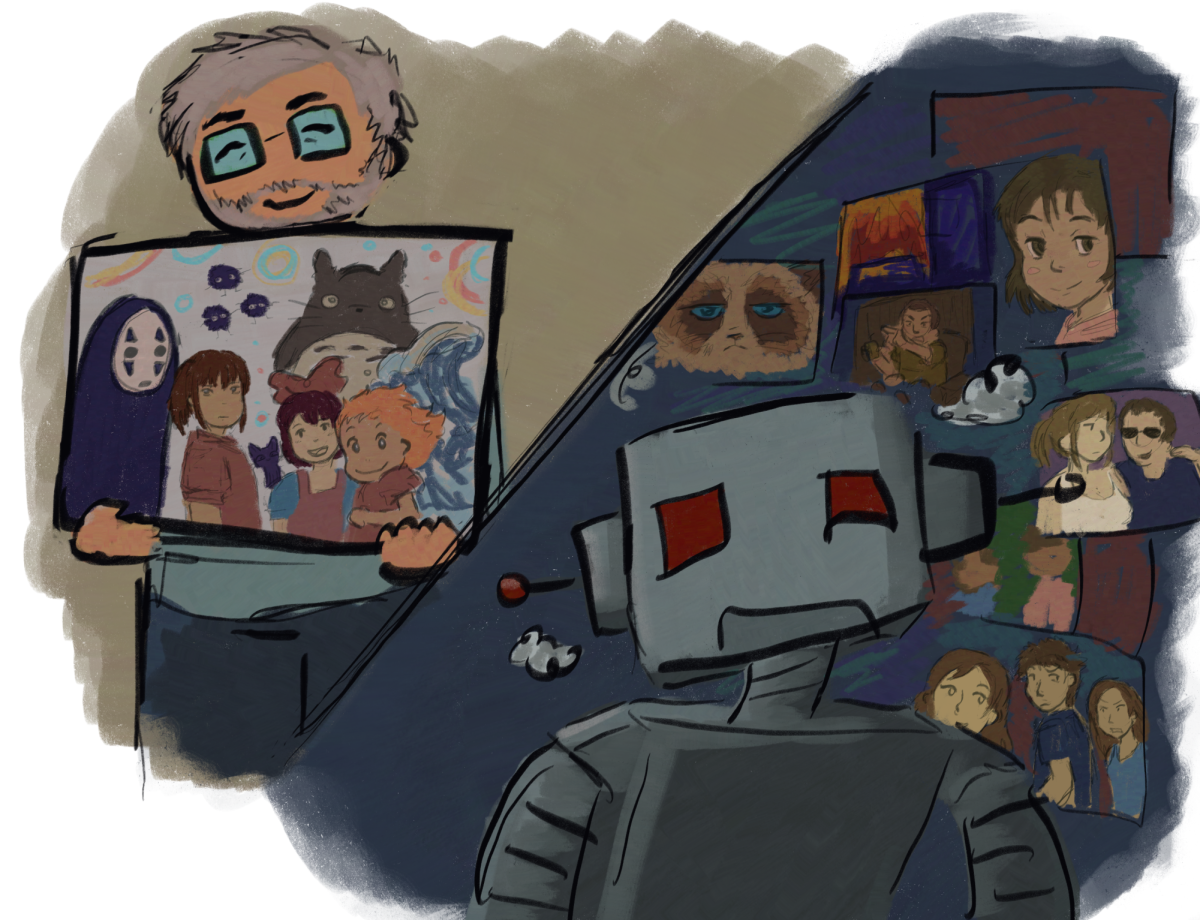The Dicey Online Market of Underage Gambling
February 14, 2020
A 15-year-old betting money online and an adult spending a night out with friends at a casino are both considered to be gambling, but one of those scenarios is significantly more harmful than the other.
The adolescent gambling rate in North America is higher than that of adults, with 61.4% to 68.0% of adolescents gambling within the last 12 months, as of 2019, according to an article posted by the Journal of Gambling Studies. The allure of gambling online has surpassed the issue of drinking among teens, according to the National Institute on Alcohol Abuse and Alcoholism.
A child enjoying the thrill of video games is a common scenario. That same child stealing a parent’s credit card to purchase “loot boxes” is a more common scene than most are aware of. Loot boxes are defined as “mystery boxes purchased through video games,” according to an article posted by National Public Radio. They are expected to generate $50 billion by 2022, according to an article posted by the Royal Society Publishing Journal.
There’s no doubt the gaming community is buying into the idea, but there is debate over whether loot boxes should be considered gambling since the desired outcome isn’t cash, but highly sought-after virtual items.
Those in contact with online games, such as senior at Staley High School Kevin Britez, know they encourage children to purchase loot boxes.
A family member of Britez was 15 years old when he was sucked into the world of a site called “Counter-Strike: Global Offensive,” also known as “CS: GO,” where players can gamble real-life money for a chance to win rare in-game items. The teen was fortunately stopped early after stealing $40 from their parents to buy loot boxes, but this is just one teen’s story, and “CS: GO” is just one example of a game that uses the addictive feature of chance to make more money.
The game company called Electronic Arts, also known as “EA,” has published dozens of games. FIFA and “Star Wars: Battlefront II” are just two games published by EA that include “loot boxes.” EA’s vice president of legal and government affairs spoke before the U.K. parliament’s digital, culture, media and sport committee defending the controversial feature with claims that chance games are ethical, fun and have been around for years.
Claims like these undermine the threat loot boxes pose to underage individuals. Children and adolescents don’t have the foresight or prefrontal cortex development adults have, resulting in adolescents having a much greater chance of developing a gambling problem than adults, according to an article published by the Royal Society Publishing Journal. Not only this, gambling is heavily associated with increased participation in risk behaviors such as: alcohol use, substance use, seatbelt nonuse, driving after drinking alcohol and violence, according to an article posted by the U.S. National Library of Medicine.
Children and teens are being taken advantage of by video game companies, and very few law makers are advocating to ban loot boxes, but they do exist. In May of 2019, Missouri senator Josh Hawley filed legislation banning what he called manipulative video game features aimed at children. Hawley claims games marketed to kids should not make money off addiction and that companies should face legal backlash for doing so. The legislation was introduced but has yet to be heard by the committee. This is telling of how seriously the issue is taken by the public and law makers.
Underage gambling is shadowed by issues like underage drinking, when in reality gambling is comparable to and even more prevalent in adolescents. Most adolescents addicted to gambling don’t acknowledge they have a problem, according to an article posted by the U.S. National Library of Medicine. The first step to prevent underage gambling is to teach the mental and physical dangers of gambling alongside those associated with drinking in health classes.
The second step toward prevention is for parents to not allow or closely monitor any online purchases their child makes. Parents concerned that their child will drink, do drugs, or participate in other risky behaviors should be just as proactive about the issue of underage gambling.
By accurately representing the danger underage gambling poses in school and the home, lawmakers will, ideally, find the motivation to pass legislation similar to Hawley’s bill. When children are being exploited, it becomes the school system, parents and lawmakers’ responsibility.


























